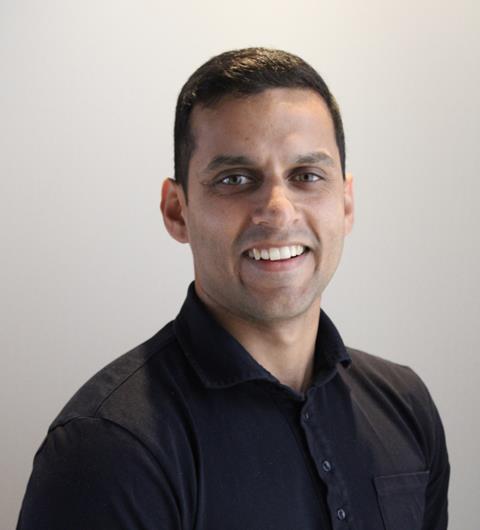Who? Sahil Kher, senior associate at Kingsley Napley, London.

Why is he in the news? The firm’s public law team acted for Haringey Law Centre, which was referred to the High Court after fake case citations were presented in submissions in a judicial review case. The High Court decided not to issue contempt proceedings.
Thoughts on the case: ‘We were first asked by the City of London Solicitors’ Company if we might be able to assist Haringey Law Centre on a pro bono basis. We were pleased to be able to act for them given the valuable work they do for vulnerable people across north London. The centre was reassured by the finding that there was no basis to suggest that it had deliberately caused false material to be put before the court, and that the paralegal involved – who had been criticised in the original judgment – was found to be particularly blameless.
‘There was and remains uncertainty on whether the fake cases in question were generated by AI, but the judgment makes clear that: regulators need to do more to ensure that lawyers use AI responsibly; lawyers using AI tools to conduct research (or relying on others using AI) have a duty to check the accuracy of the output; and that law firm leaders and heads of chambers have a duty to put in place “practical and effective measures” to ensure that individual lawyers understand and comply with their professional and ethical obligations if using AI.’
Dealing with the media: ‘Media attention grew quickly once it was reported as an example of “AI gone wrong”. It is one of the first cases in the English courts to grapple with the issue, and interest therefore went beyond the legal press. The challenge was ensuring the coverage also considered the very human aspects of this case – individuals were involved (two of them very junior) and some initial reporting understandably did not contain the detail that emerged during the Divisional Court hearing.’
Why become a lawyer? ‘I grew up in a fairly political household and I was interested in doing something that was at the nexus of politics and civil society. Working in public law on cases that are often at the heart of prevailing social and political debates felt like a natural fit.’
Career high: ‘Developing early strategic challenges around sewage dumping by water companies was exciting, as was leading on two cases against government plans to deliver net zero.’
Career low: ‘Being told off by the director of a football club for scheduling an urgent witness statement proofing session at the same time as his club’s League Cup quarter-final (although we ordered in dinner and watched the game in a conference room).’






























